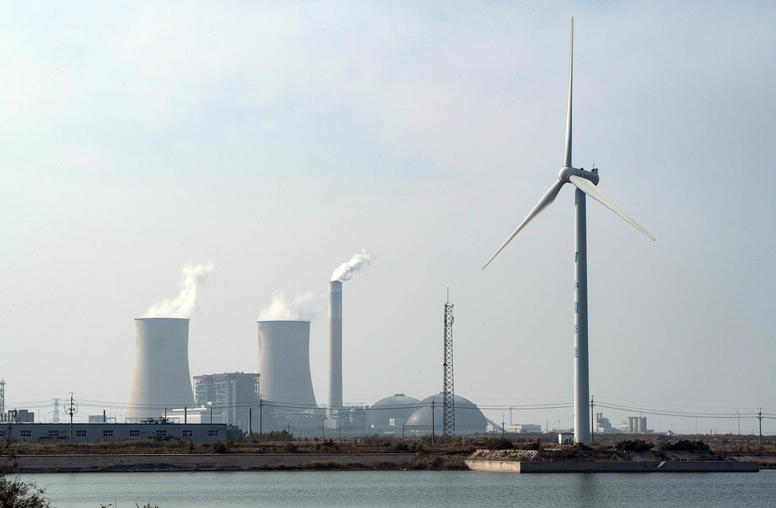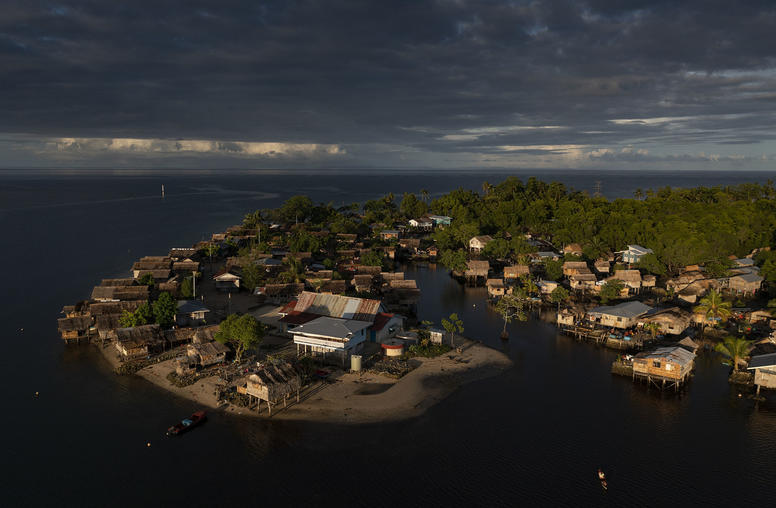Katherine Waters
Contact
Please submit all media inquiries to interviews@usip.org or call 202.429.3869.
For all other inquiries, please call 202.457.1700
Katherine Waters is a senior program assistant for the climate, environment and conflict team at USIP.
Prior to her role at USIP, she served as a program analyst with the Institute for Climate and Peace, where she completed research at the nexus of climate, security and peacebuilding in the Asia-Pacific region. She has also interned for the Environmental Protection Agency and is a member of the Community of Practice on Environment, Climate, Conflict, and Peace. She is particularly interested in international climate governance and the role of youth at the intersection of climate, conflict and peacebuilding.
Waters graduated from Middlebury College in 2023 with a bachelor’s in international and global studies and a concentration in global security. Her undergraduate work centered on studying climate security, climate justice and policymaking at the local, national and international level.

